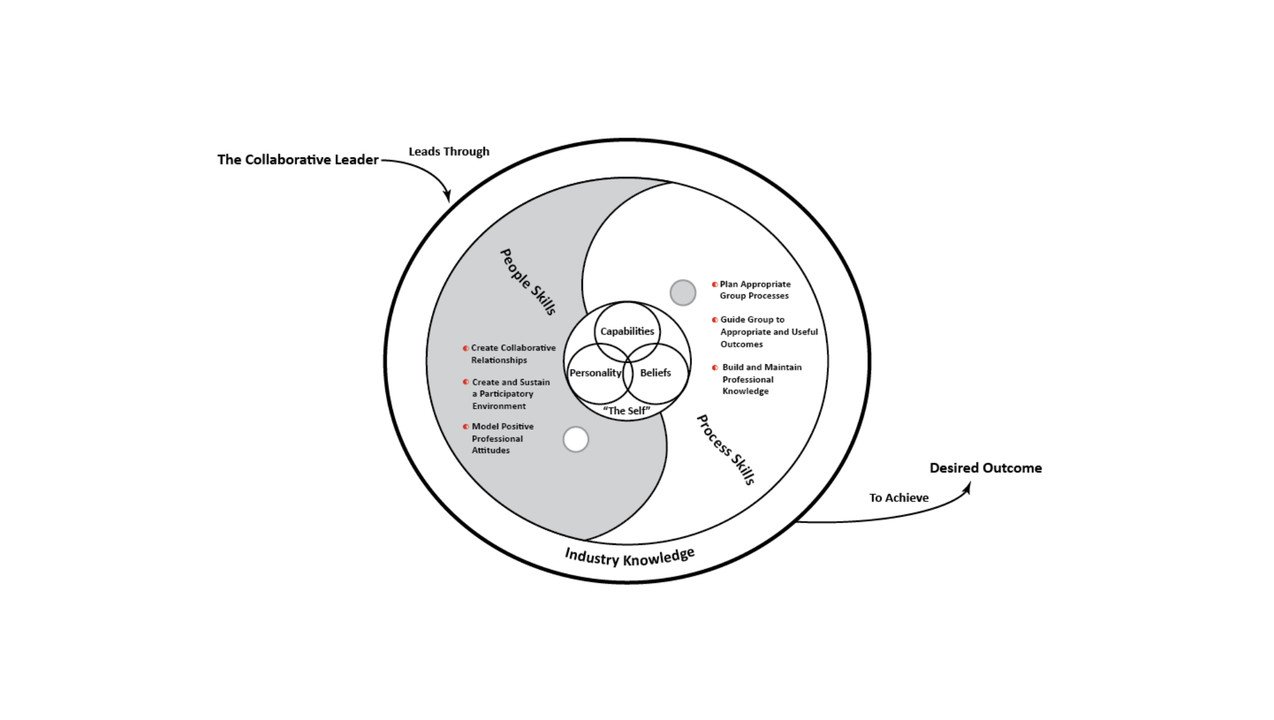In today’s dynamic workplace, the ability to facilitate effectively is a crucial skill for leaders. Whether leading a small team meeting or steering a large organizational initiative, the way you facilitate can significantly impact team collaboration and overall success. Leaders who master facilitation skills can guide their teams through complex discussions, foster a culture of collaboration, and ensure that all voices are heard. Here’s how leaders can develop and utilize facilitation skills to enhance team collaboration.
1. Active Listening
One of the most important facilitation skills for leaders is active listening. This involves fully concentrating, understanding, and responding to what team members are saying. By practicing active listening, leaders can ensure that everyone feels heard and valued, which is essential for fostering collaboration.
- Action Step: During meetings, focus on what team members are saying without interrupting. Use paraphrasing to confirm understanding and ask follow-up questions to deepen the discussion.
2. Creating an Inclusive Environment
Effective facilitators create an environment where all team members feel comfortable sharing their ideas and opinions. Inclusivity is key to unlocking the full potential of the team’s collective intelligence.
- Action Step: Encourage participation from quieter team members and ensure that dominant voices do not overshadow others. Establish ground rules that promote respect and inclusivity.
3. Asking the Right Questions
Facilitation is not just about guiding the conversation; it’s about asking the right questions to stimulate thinking and problem-solving. Leaders who ask open-ended, thought-provoking questions can drive deeper discussions and encourage innovative solutions.
- Action Step: Prepare a list of open-ended questions that can guide the team towards exploring various perspectives. For example, “What are the potential challenges we might face with this approach?” or “How can we improve this process?”
4. Managing Group Dynamics
Understanding and managing group dynamics is essential for effective facilitation. Leaders need to be aware of how team members interact, recognize potential conflicts, and steer the group towards productive outcomes.
- Action Step: Observe interactions carefully, and be ready to intervene if discussions become unproductive. Use techniques like breaking into smaller groups or changing the topic to manage tensions.

5. Encouraging Creative Problem-Solving
Facilitators often guide teams through creative problem-solving processes. By encouraging out-of-the-box thinking, leaders can help their teams develop innovative solutions to complex challenges.
- Action Step: Introduce brainstorming sessions, mind-mapping exercises, or role-playing scenarios to stimulate creativity. Encourage team members to explore unconventional ideas without fear of criticism.
6. Keeping the Group Focused
A key challenge in facilitation is keeping the group focused on the task at hand. Leaders must balance open discussion with the need to achieve specific outcomes within the allotted time.
- Action Step: Clearly outline the agenda at the start of the meeting and remind the team of the goals as discussions progress. If the conversation strays off-topic, gently steer it back on course.
7. Facilitating Decision-Making
Effective facilitation involves guiding the team towards making decisions that are supported by the group. Leaders must help the team weigh options, consider the pros and cons, and reach a consensus.
- Action Step: Use decision-making frameworks like SWOT analysis or pros-and-cons lists to structure the discussion. Ensure that all voices are considered before finalizing a decision.
8. Providing Constructive Feedback
Constructive feedback is a critical aspect of facilitation that helps the team improve and grow. Leaders who provide specific, actionable feedback can help their teams develop stronger collaborative skills.
- Action Step: Offer feedback that focuses on behaviors and outcomes rather than personal attributes. Encourage a culture of continuous improvement by inviting team members to share feedback with each other.
9. Adapting to Different Facilitation Styles
Different situations require different facilitation styles. Leaders should be flexible and able to adapt their approach depending on the context, whether it’s a brainstorming session, a decision-making meeting, or a conflict resolution process.
- Action Step: Assess the needs of your team and the specific goals of each session. Choose a facilitation style that best suits the situation, whether it’s directive, coaching, or hands-off.
10. Reflecting and Learning
Facilitation is a skill that improves with practice and reflection. Leaders should take the time to reflect on their facilitation experiences, learn from what went well, and identify areas for improvement.
- Action Step: After each meeting or session, reflect on what worked and what didn’t. Consider seeking feedback from team members to gain additional insights and continuously improve your facilitation skills.
Conclusion
Facilitation skills are essential for leaders who want to foster collaboration and drive their teams towards success. By mastering these skills, leaders can create an environment where ideas flow freely, decisions are made efficiently, and all team members feel valued and engaged. As the workplace continues to evolve, the ability to facilitate effectively will become increasingly important for leaders at all levels.

